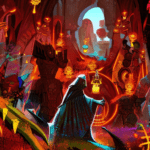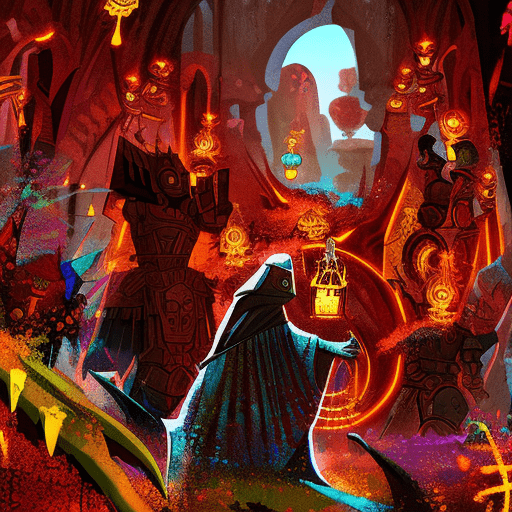One-line Summary:
Disobedience explores the complexities of identity, religion, and love as a woman returns to her Orthodox Jewish community and confronts the consequences of her forbidden desires.
Returning to a Restrictive Community
Disobedience, written by Naomi Alderman, tells the story of Ronit Krushka, a woman who grew up in an Orthodox Jewish community in London but left to pursue a more secular life in New York. When Ronit’s father, a respected rabbi, passes away, she reluctantly returns to her childhood home, where she is met with a mix of curiosity, judgment, and resentment from the community she left behind.
Ronit’s return to the restrictive community is met with mixed reactions. Some community members are curious about her life in New York, while others view her as an outsider and a threat to their way of life. Ronit’s presence also stirs up memories and emotions, particularly for her childhood friend, Esti, who is now married to Dovid, a respected rabbi and Ronit’s cousin.
Forbidden Desires and Unraveling Secrets
As Ronit settles back into her childhood home, she reconnects with Esti, and their friendship quickly reignites into something more. Ronit and Esti’s forbidden desires for each other challenge the deeply ingrained beliefs and expectations of their community, which strictly adheres to Orthodox Jewish laws and traditions.
As their relationship unfolds, Ronit and Esti must confront the consequences of their desires and the impact it will have on their lives and the community as a whole. Their love affair forces them to question their identities, their faith, and the sacrifices they are willing to make for their own happiness.
A Struggle for Autonomy and Self-Expression
Disobedience delves into the theme of autonomy and self-expression, highlighting the struggle individuals face when their desires clash with societal expectations and religious doctrine. Ronit, Esti, and even Dovid find themselves torn between their personal desires and the expectations placed upon them by their community.
The novel explores the tension between individuality and conformity, as characters grapple with the consequences of choosing to live authentically or conforming to societal norms. It raises questions about the price of personal freedom and the sacrifices one must make to live a life true to oneself.
Key Takeaways:
- Disobedience explores the complexities of identity, religion, and love within the context of an Orthodox Jewish community.
- The novel delves into the struggle for autonomy and self-expression, highlighting the tension between individual desires and societal expectations.
- It challenges traditional notions of love and relationships, particularly within the confines of a restrictive religious community.
“We all do what we think is best. Sometimes… sometimes we just have to live with the consequences of other people’s decisions.”
In Disobedience, Naomi Alderman crafts a compelling narrative that explores the complexities of identity, religion, and love within the confines of an Orthodox Jewish community. Through the characters of Ronit, Esti, and Dovid, the novel delves into the struggle for autonomy and self-expression, highlighting the tension between individual desires and societal expectations. It challenges traditional notions of love and relationships, particularly within the confines of a restrictive religious community. Ultimately, Disobedience reminds us of the sacrifices individuals make in pursuit of personal freedom and the consequences they must face when their desires clash with societal norms.












